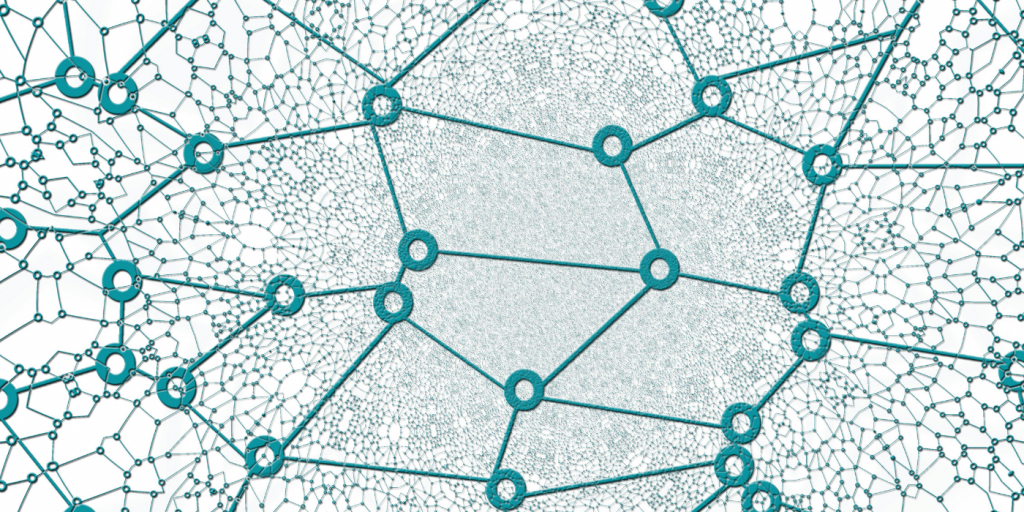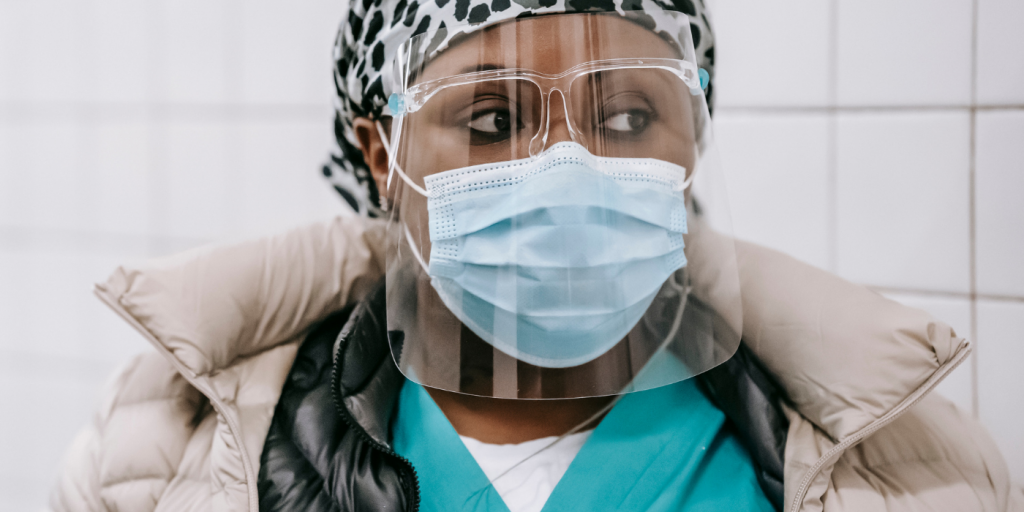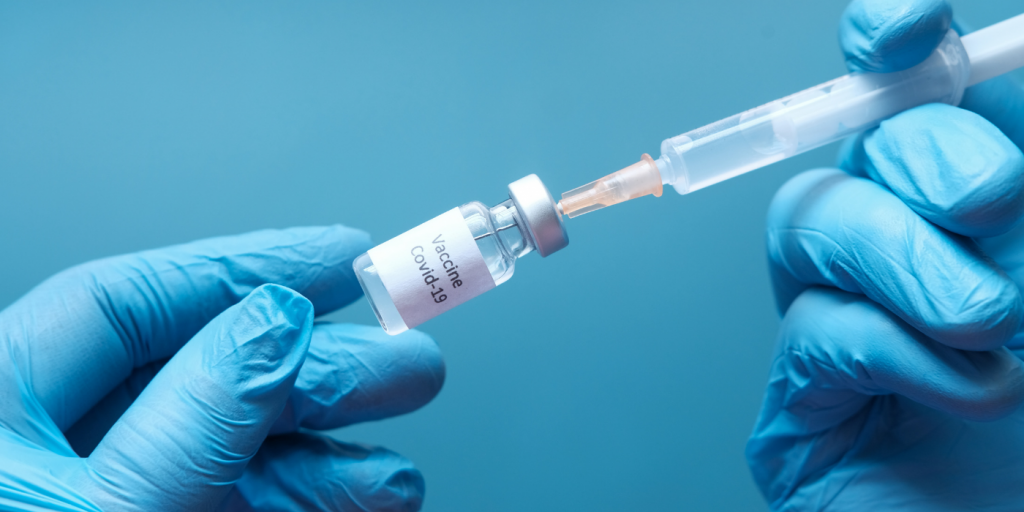Authors: Joel Onyango, Joanes Atela ,Nora Ndege,
The COVID-19 pandemic has brought many lessons to Africa’s research systems and activities. The contribution of Africa’s research systems to COVID-19 response has grown and become clearer during this time. African Governments and various response teams are depending on research institutions to provide pharmacological, medical, and humanitarian advisory in response efforts. This comes at a time when Africa’s research systems including research prioritization, research governance and research funding, are evolving. But what does this mean for African researchers? Are there lessons that can be learnt from the current pandemic to inform Africa’s research systems including research approaches, prioritizations, collaborations, and communication? This blog post explores these lessons and suggestions to improve the research systems in Africa. Read on!
Reflecting on research activities in Africa during COVID-19 – some five insights
African research during COVID-19 has been characterized by a variety of actions that are linked to useful lessons. These actions range from collaborations, research prioritization and setting, among others. Below are some five key experiences and lessons:
Intra-African research collaboration and dialogue: The African research community is engaging in collective efforts and has opened the opportunity to share information on COVID-19, including potential treatment regimens as well as, policy arrangements. and collective efforts. For example, scientists in Madagascar and South Africa are currently collaborating in the research around Madagascan herbal portion that is believed to have the capacity to treat COVID-19; South Africa to examine Madagascar’s COVID-19 drug. Due to the need and curiosity for lessons and ideas on how different contexts are managing the virus, research dialogues and peer learning practices have also been revitalized and strengthened. For example, the African Research and Impact Network (ARIN) has stepped up to hold frequent virtual discussions among African researchers, policy makers, and other stakeholders from across the four African regions, focusing on how existing knowledge could inform COVID-19 response.
The necessity to prioritize research and its scoping to contextually respond to Africa’s realities: COVID-19 has generated lessons around research prioritization for the continent. The pandemic has tested our health care and disaster management systems and the agility of policy responses to effectively handle a public health catastrophe. While the developed world has relatively stable social systems, the situation in Africa is relatively different. African countries have weaker formal social systems occasioned by high levels of inequality, weak social and economic safety nets, and higher levels of poverty. However, many countries in Africa can build on social foundations. Sub-Saharan Africa has seen a significant expansion of social protection over the last two decades. More than 45 countries in Africa now have social safety net programs in place to address chronic poverty and to help poor households diversify their livelihoods. Social safety nets are a critical tool for governments across Africa to mitigate the impact of the COVID-19 pandemic. They ‘flex’ in response to a shock; horizontally by reaching more people and vertically by increasing cash transfer amounts. Kenya, Mauritania, and Ethiopia are examples of countries with these shock response systems.
Building research champions and thought leaders for the continent: COVID-19 has helped to highlight several research activities, and profile research skills in informing response. The experiences seen through media interviews, documentaries, blogs, and opinion pieces, show that there are several existing excellent research skills across the continent. These researchers are not only able to pursue cutting-edge research, but also communicate recommendations effectively. Moving forward, it would be critical for the continent to identify and support a cohort of visionary multidisciplinary researchers to help front the continent’s research agenda, within the continent and globally.
Need for increased research funding as an important element of societal investment: The pandemic has demonstrated that investments in research is critical to Africa in the fight against the COVID-19 challenges as well current and future pandemics more generally. African presidents, health ministers and technocrats in many ways have hailed the role of research in informing response to COVID-19. African leaders have held online conferences to share existing knowledge and information on the COVID-19 pandemic, map out containment strategies and develop a clear plan to mitigate against impacts caused by the pandemic in the region. Key among their directives includes urging member countries to research on COVID-19 and inform partner states on new technologies, advances in care and treatment vaccines, behavior of the virus, to inform policy and practice in the region. Dr. John Nkengasong, Director of Africa CDC says; “What South Africa has done is impressive, absolutely. We should stop being afraid of COVID and do things that work. That is what they did. They are getting data which is what will be required to unlock the country.” Essentially, the pandemic has raised the profile of research and innovation in Africa providing a good opportunity to advocate for increased (especially local) funding.
Multidisciplinary research is best placed to inform effective actions: The fight against COVID-19 disease has brought to the forefront different fields of research and researchers who are working together to develop more holistic solutions. While virologists are generating information to understand the virus and its potential treatments and vaccines, economists are exploring the implication of the effects of the virus on global, regional, national, and local economies and livelihoods, social scientists are looking into the implications of the virus on societal relationships and providing advice on innovative institutional arrangements to combat the disease. All these sources, if brought together, provide a collective, holistic, and complementary response mechanism.
Take Home Message
COVID-19 comes with enormous research lessons for Africa. For many years, research has been given little attention in various decisions on development. The pandemic has however revealed that certain challenges are beyond mere political management but require objective research evidence to inform actions. For Africa, this is an opportune moment to raise the continent’s research profile and develop contextual research systems to global standards. This will enable the continent to align its own research priorities to the unique socio-economic realities and to enable it to constructively engage with the counterparts in Europe, America, and Asia.



